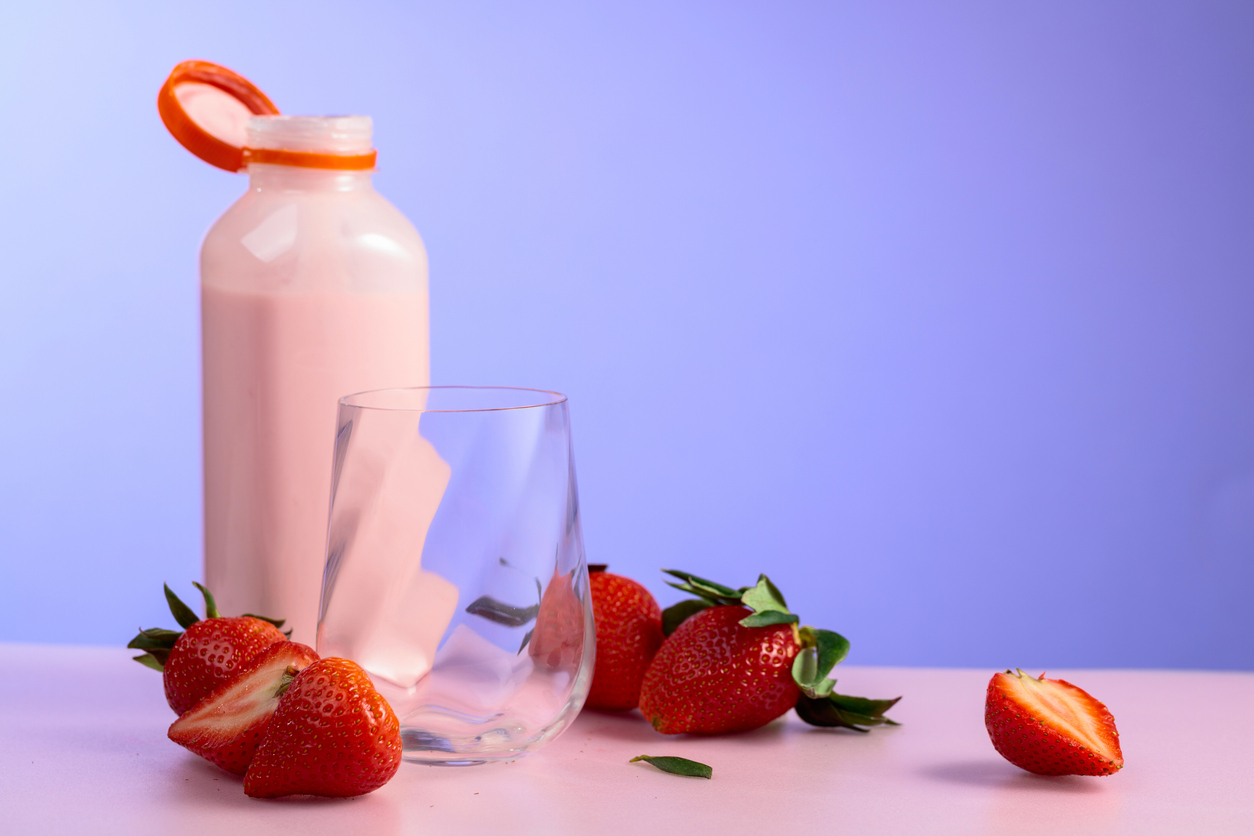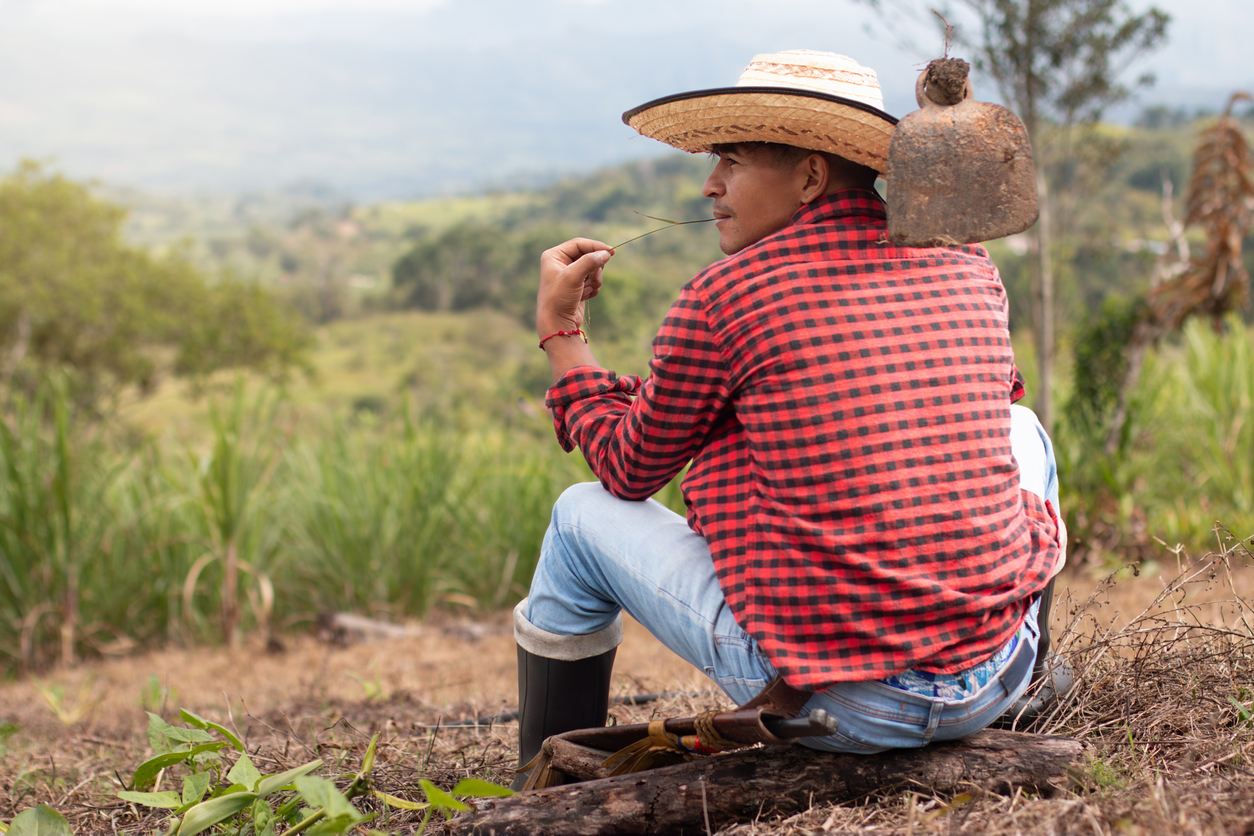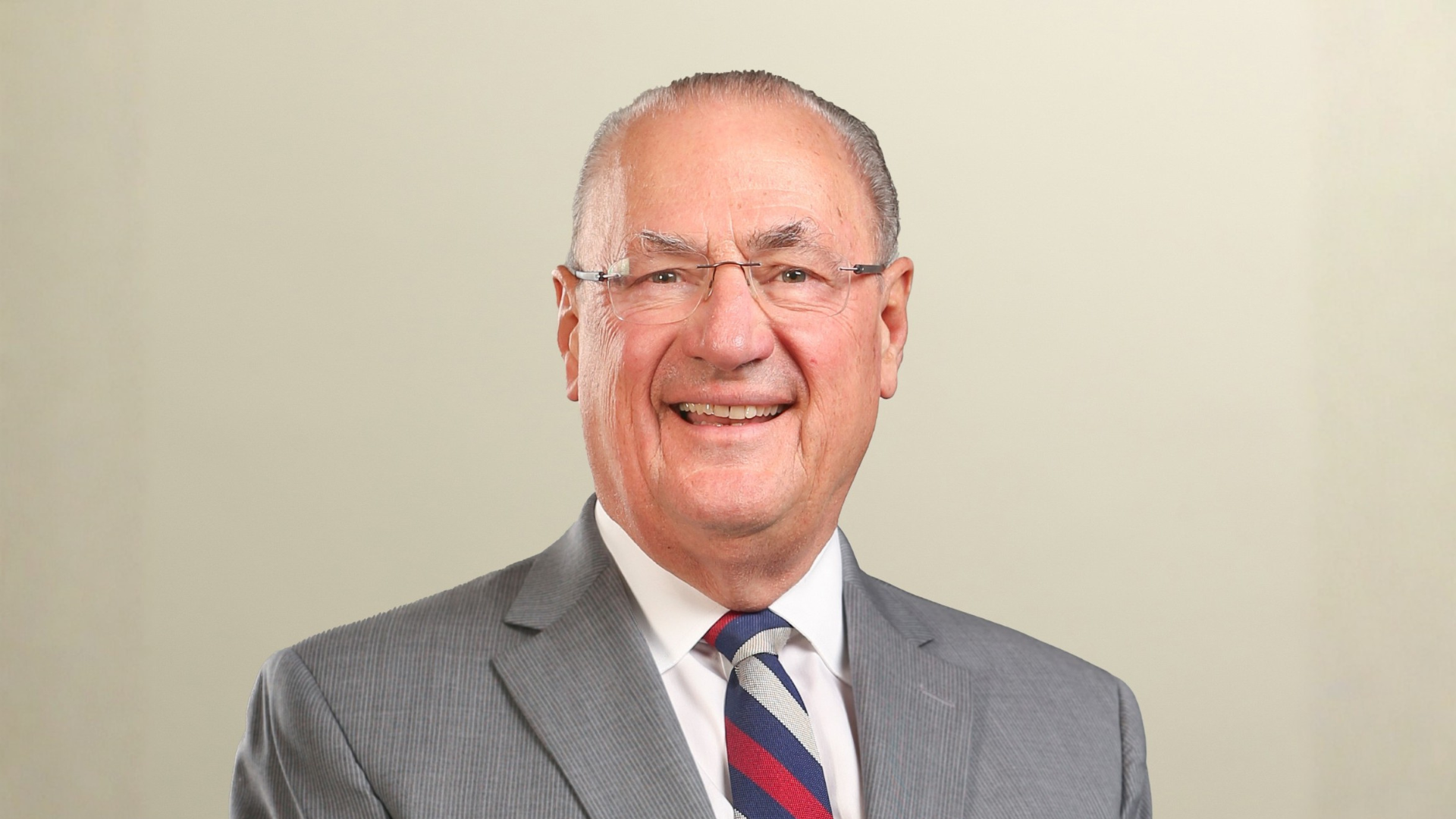Most Americans do not grow their own food. This disconnect between the farm gate, and the dinner plate has long been a concern for “ag-vocates” who’ve noted more people are unable to connect directly with reasons why agriculture is important.
The recent announcement from Lays Potato Chips that 42 percent of consumers did not know that chips were made of real potatoes should maybe not surprise anyone. Yet, it is a shocking statistic, nevertheless. The data comes from a survey conducted by PepsiCo, Lays’ parent company, as part of a consumer and brand study.
Here in Washington state, the nation’s second largest producer of potatoes, it seems ridiculous to think in a group of 100 people, 42 of them wouldn’t know chips are made from potatoes. But that is the simplified version of the study results. We are fortunate to have great outreach from our state’s potato commission about the benefits of the spud. But what about states without robust outreach about this terrific tuber responsible for salty, crispy deliciousness?
It also sparks a larger question: how do farmers, ranchers, and “ag-vocates” bridge the obvious communication gap that exists between people in food production and everyone else?
Once upon a time, many thought the answer was social media. However, if recent events have taught us anything, perhaps they have taught us that social media is a wonderful place to build an echo chamber. It is easy to create a self-affirming bubble on the internet rather than challenge pre-held notions.
If you’re not sure, check out the “strawberry milk vegan.”
There are a couple of things to note about this TikTok post ahead of time. First, there is no context for this video. That makes it difficult to know if it’s satire or someone who truly doesn’t understand how milk works. Second, it has been the butt of numerous jokes regarding the silliness of veganism since it was first unearthed several years ago. Finally, maybe the container was a mistaken grab. From the post, it appears to be a pre-made Strawberry Nesquik, but perhaps it was meant to be a strawberry plant-based milk alternative brand like Califia.
For arguments’ sake, if the post is sincere, it tells a story akin to the potato chip data.
First, and foremost, all milk comes from mammalian livestock in the United States, primarily cattle but goat and sheep milk are also available in some locations along with more exotic animals like camels and buffalo. In Washington state, there are specific regulations regarding the sale of dairy products and dairy products are limited to cattle, goats, and sheep.
Several snickers from the agricultural community immediately went up when the “strawberry milk vegan” post was sent around with comments like “how do you even milk a strawberry?” “I didn’t know strawberries had udders,” “Does that mean the cows are pink?” and so on. If you live around livestock every day, it is easy to poke fun at people who do not.
However, perhaps, the better outreach response would have been to privately respond asking some clarifying questions: What brand of strawberry drink was used for the video? Did it say “vegan” on the label? Did the ingredient list include the phrase “contains milk?”
The bottom line is, sometimes consumers don’t know what they don’t know. Not because they aren’t smart but because they do not farm or ranch.
Approximately 1 percent of Americans are directly employed on farms and ranches. With so few involved growing our food supply, maybe no one should be surprised by people like “strawberry milk vegan” or that 42 percent of consumers did not know chips were made of potatoes.
But we should be worried.
Everyone eats. It is a fundamental cornerstone of sustaining life. Learning about where one’s food comes from with more understanding and intimacy is something both sides of the equation should be encouraged to do through good policy, sound communication, and stepping outside the echo chambers we each create for ourselves.
Sound policy means separating political party from food policy because food does not care how anyone in the last or upcoming election. Good communication means producers and consumers setting aside ideological differences to ask each other questions about why things are done a certain way or why a food preference exists so mutual understanding can be part of the end goal. Breaking the echo chamber means getting comfortable with being uncomfortable with people, places, and experiences that are different than one’s norm.
Find someone today and let them know chips are made from potatoes and remind them that, while “vegan” milk alternatives exist, just because it lists strawberry as an ingredient, does not mean it didn’t come from an animal.






